
Recapturing infinity in the present
“Am I the same person?” asks Fela Rosenbloom, whose narrative of her early life in Łódź, and her internment in no fewer than six German labour and concentration camps, prefaces her husband’s longer, very different account of the 20th century. Miracles Do Happen is a joint memoir of war, Jewish life, community and identity, survival...

Crying wolf
Millennial moments are full of auguries and momentum, real promise or sly illusions. They trick us into a sense of tabula rasa, into an exalted feeling of weightlessness from the past and its responsibilities, its phantoms and nightmares, but also from the effort to match and sustain its legacy of greatness and wisdom. It is...

Glimpses of unfamiliar France
Glimpses of Unfamiliar Japan is the title of an idiosyncratic account of Japan as a country, as a philosophy, as a world and way of life, as the seductive Other seen through Western eyes. It was written by a rather remarkable man, Lefkadio Hearn (who became Koizumi Yakumo), now mostly forgotten. It is an intimate...
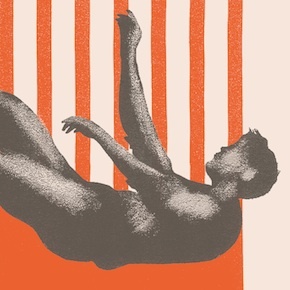
Riddled words, puzzled lives
There is something deliciously provocative about a work of literary fiction that begins with the statement “If it sounds like writing, rewrite it”. It is a pronouncement that holds the reader in irresistible tension: will this prove to be the most flawless of narratives or be exposed instead as the most bombastic of bathetic ironies?...
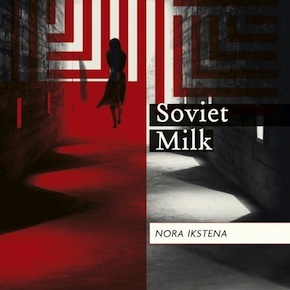
New happiness
There is a Latvian goddess of happiness, Laima. It was most probably she who instilled the Latvian language with its rhythmical lilt, its roguish plosives and stops, the stark, spare melodiousness of its musicality. It was most probably she who lured generations of Latvians, both ancient and modern, to their native forests and fields –...
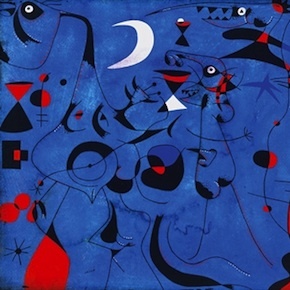
The end of the world that never came
Some books speak infallibly and for eternity; no matter their narrative temporality, the very magnitude of their resonance transcends their present, encompasses the past, often pre-empts and preconditions the future on a universal scale that gives them a sense of almost divine omniscience and awesomeness. These will eventually become what we call rather inadequately the...
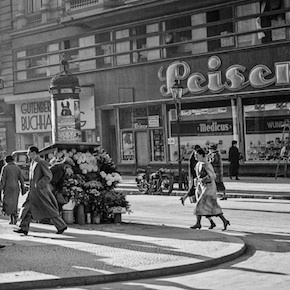
When time disappeared
A resolute, yet equable slim volume, full of old-world poise, brimming with humanity, added itself in September 1945 to the list of J.-H. Jeheber Librairie et Éditions in Geneva. The title of Françoise Frenkel’s No Place to Lay One’s Head would appear to be affably in tune with its publisher’s ethos and history: the allusion...
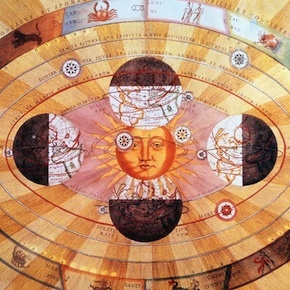
All, nothing and everything in between
As people travelled across Europe in the late 16th century, fleeing the Spanish Inquisition, a word travelled with them – nada; a nothingness of prospects, a future where nothing remained and everything was lost, a universe where the centre of faith was being fiercely usurped by the massive, ponderous vacuum of doubt and agnosticism, of...
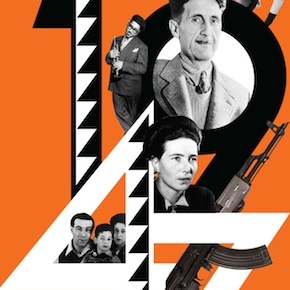
Unquiet spirits
Even now, perhaps most especially today, understanding the events of the first half of the twentieth century has a significance that we cannot possibly afford to ignore. The way to the trauma, evil and pain, to the sociohistorical origins, causes, sociodynamics and pitfalls, and to the portents and lacunae we overlooked to our horrific detriment,...
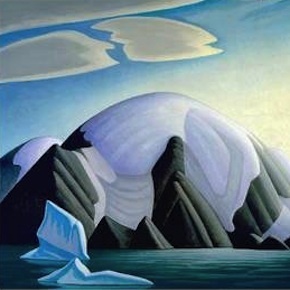
Flowers in a jam jar
In April 1961 Ernest Hemingway would distil, in almost oracular terms, the nature of the writing act as a way of capturing the world, as a way of relating to life, but also as a way of confronting the inexorable absence at the heart of much of existence: “In writing, there are many secrets. Nothing...

An absence full of presence
What You Did Not Tell: A Russian Past and the Journey Home by Mark Mazower is an eloquently written rhapsody on the art of remembering. It is rhapsodic both in the primary sense of the word, in that it is a chronicle exuding a certain air of poetry and exalted, almost epic feeling, and in...


